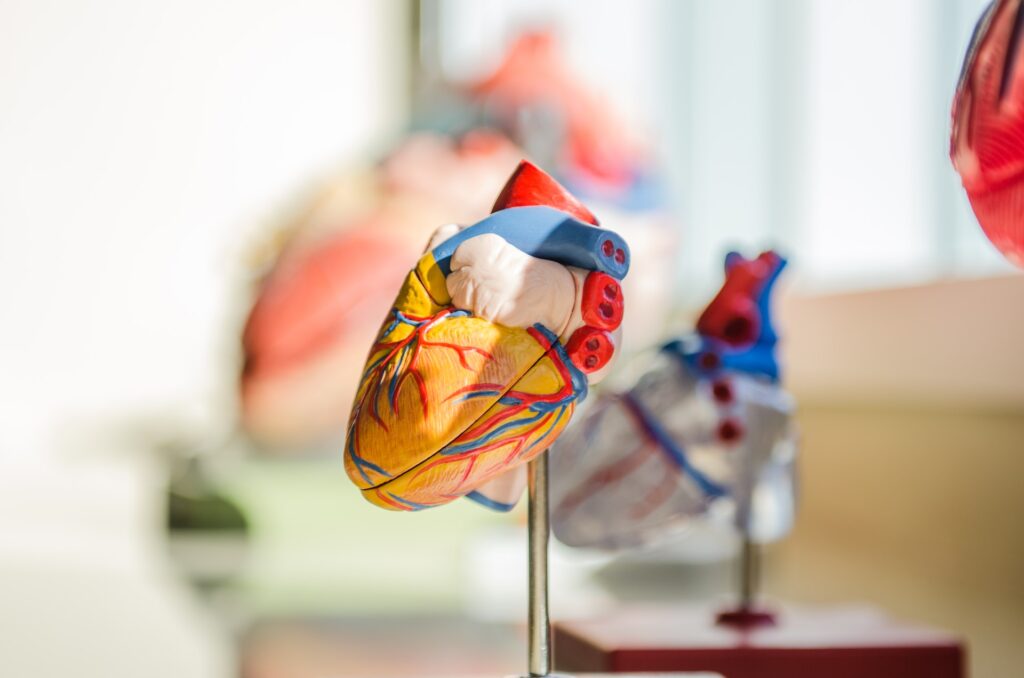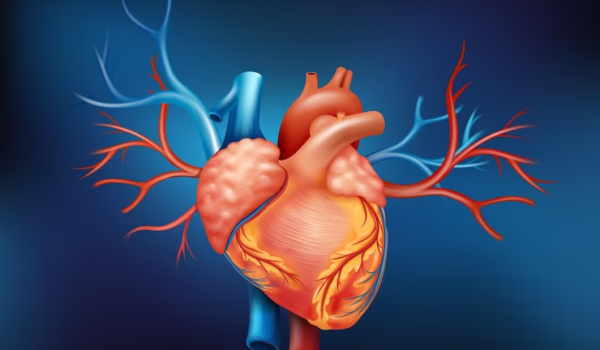In the midst of life’s unpredictable moments, there are stories that stand as a testament to the resilience of the human spirit. Join us as we recount the night my heart stopped beating – an experience that forever altered my perspective on life, health, and the importance of timely medical intervention.
In this narrative, we’ll not only walk you through this gripping journey but also provide you with essential information on cardiac arrest and its potential outcomes.
Understanding Cardiac Arrest
When it comes to matters of the heart, cardiac arrest is a critical event that demands immediate attention. It occurs when the heart suddenly stops pumping blood effectively, often leading to dire consequences if not treated promptly. In my case, it was a chilling night that would become a defining moment in my life.
The Harrowing Experience
As my heart stopped beating, I was plunged into a terrifying world of darkness. The lack of blood flow to vital organs triggered a cascade of life-threatening complications. This is where the importance of knowing the signs and symptoms of cardiac arrest cannot be overstated. Identifying the condition early on can make the difference between life and death.
Timely Intervention
Fortunately, I was not alone that night. Quick-thinking individuals around me recognized the gravity of the situation and immediately called 911. The dispatcher provided instructions for cardiopulmonary resuscitation (CPR), a vital technique that can sustain blood flow until professional help arrives. In moments like these, every second counts, and knowing how to administer CPR can be a lifesaver.
Road to Recovery
My journey from the brink of death to recovery was arduous, but it taught me invaluable lessons about the resilience of the human body and the importance of medical advancements. Today, I stand as a testament to the progress made in the field of cardiology. Cardiac arrest survivors are increasingly making remarkable comebacks thanks to advancements in treatments and therapies.
Cardiac Arrest: An Underestimated Threat
Cardiac arrest can happen to anyone, regardless of age or underlying health conditions. It often strikes unexpectedly and, without immediate intervention, can lead to irreversible damage or death. Acknowledging the risk is the first step towards being prepared.

The Role of Lifestyle Factors
While cardiac arrest can occur suddenly, certain lifestyle factors can increase the risk. Smoking, a sedentary lifestyle, and a diet high in processed foods are known contributors. By making healthier choices, individuals can reduce their chances of experiencing this life-threatening event.
The Importance of Public Awareness
My own experience has shown me the crucial role of public awareness in saving lives. Recognizing the signs of cardiac arrest, knowing how to perform CPR, and having access to automated external defibrillators (AEDs) in public places can significantly improve survival rates.
The Role of Regular Check-Ups in Heart Health
Preventive Care
Regular medical check-ups are the cornerstone of preventive care, especially for heart health. These appointments allow healthcare professionals to assess your risk factors, monitor your heart’s condition, and catch potential issues early on. Preventive care can significantly reduce the likelihood of cardiac events like cardiac arrest.
Customized Heart Health Plans
During check-ups, your healthcare provider can create a personalized heart health plan tailored to your specific needs. This may include dietary recommendations, exercise regimens, and medications if necessary. Regular monitoring and adjustments to this plan ensure that it remains effective in maintaining your heart’s well-being.
Early Detection of Heart Conditions
Many heart conditions, including those that can lead to cardiac arrest, develop silently, without noticeable symptoms. Routine check-ups often include tests such as blood pressure measurement, cholesterol screening, and electrocardiograms (ECGs) that can reveal early signs of heart disease. Detecting these conditions early allows for prompt intervention and improved outcomes.
The Importance of Listening to Your Body
Recognizing Warning Signs
While regular check-ups are vital, it’s equally important to pay attention to your body and recognize potential warning signs of heart trouble. Symptoms like chest pain, shortness of breath, dizziness, and unusual fatigue should not be ignored. If you experience any of these symptoms, seek immediate medical attention.
Communicating with Your Healthcare Provider
Open and honest communication with your healthcare provider is crucial. If you’ve experienced a cardiac event like cardiac arrest or have a family history of heart disease, be sure to share this information during your check-ups. It enables your provider to tailor your care accordingly and make informed recommendations.
Conclusion
Prioritizing your heart health through regular medical check-ups is a fundamental step in preventing cardiac events like cardiac arrest. These check-ups not only allow for early detection of heart conditions but also provide an opportunity to create personalized heart health plans and monitor progress.
While healthcare providers play a critical role, it’s equally important to be attuned to your body and recognize potential warning signs. By combining regular check-ups with active self-awareness, you can take proactive steps to protect your heart and enjoy a healthier, happier life.
Remember, when it comes to your heart, prevention and early intervention can make all the difference.
